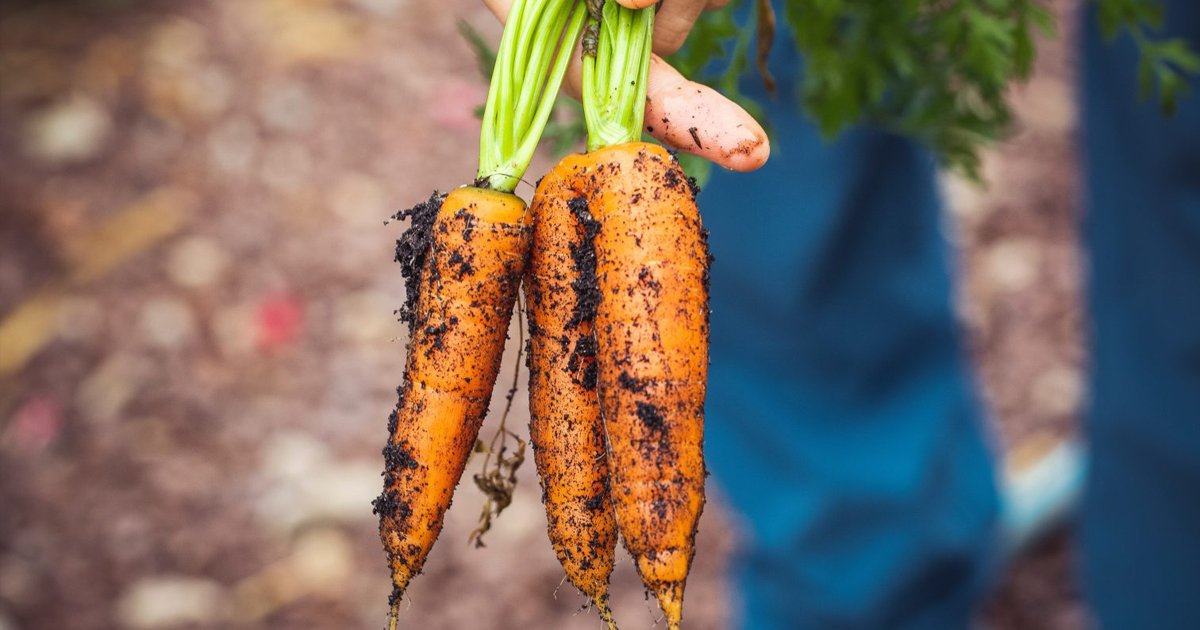In November, 2019 a group of 85 farmers gathered in a mixed cropping farm and a dairy farm near Leeston, Canterbury, to find out what they could learn about regenerative agriculture. They marveled at healthy pasture, dug in the rich black foot-deep top soil, heard stories from their peers, and visited some happy, healthy cows. The field day organisers were blown away by the attendance and enthusiasm of the crowd.
There is a fast growing movement in New Zealand that has been happening out in paddocks, fields, gardens and hill country across the nation. It is a movement that holds the promise to reshape our productive land use industries towards systems that work with the natural environment to regenerate the land. The movement is that of regenerative agriculture.
We are in the midst of a global pandemic, and facing a very different future than we could have imagined just a few short months ago. Almost every part of our lives is up for re-assessment as much of the global economy and international trade has ground to a halt. COVID-19 has shaken up our very understanding of what is “normal”, presenting a mirror in which we can see the chance to reshape a new future. The situation has been described as a test run for the environmental crises to come if we don’t address climate change, biodiversity loss, and other ecological degradation together. As pointed out by Rod Oram, in a time of great upheaval, we can use this as an opportunity to re-imagine New Zealand’s economy and our agricultural heartland to collectively work better for our planet and people.
Regenerative Agriculture (regen ag) is a term that was first coined by the late Bob Rodale in the 1970’s. He used it to summarise a set of farming principles and practices that enrich soils, improve watersheds, enhance ecosystem services such as soil carbon and nitrogen sequestration, improve biodiversity, and promote farmer and livestock welfare. Definitions and principles vary a little depending on who you talk to (see the resources linked below), and regen ag is achieved through the practices and processes of a number of related land management approaches including; organic farming, holistic land management, permaculture, biodynamic farming, carbon farming, silvopasture, agroecology, and conservation agriculture.

